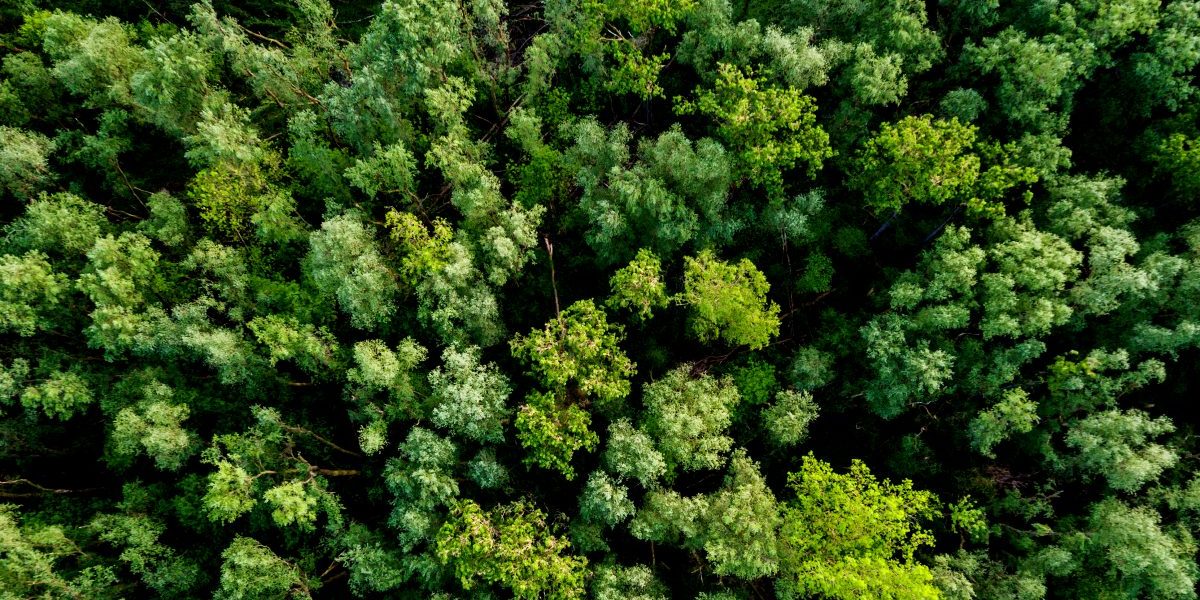Two experts in environmental protection and natural resources are lauding the environmental and carbon reduction benefits of wood bioenergy in a new op-ed published in The Hill.
The authors, Bob Perciasepe, a former deputy administrator of the Environmental Protection Agency from 2009 to 2014, and Robert Bonnie, a senior advisor at Resources for the Future and a specialist at the Duke University Nicholas Institute who served as USDA undersecretary for Natural Resources and the Environment from 2013-2017, write that wood bioenergy is a “climate change solution.” Perciasepe and Bonnie both worked in the Obama administration.
“Is it possible to have a forest biomass policy approach that is good for forests and helps combat climate change?” they ask. “We think so.”
As Perciasepe and Bonnie note, demand for wood products actually incentivizes forest growth, because most forests in the US are privately owned.
“Most forests in the U.S. are privately-owned and, while it might seem counter-intuitive, timber harvesting is vital to conserving these forests because it provides economic incentives for landowners to reforest and preserve existing forests in the face of creeping housing development,” they write. “Markets for wood are also vital to addressing catastrophic wildfire because they can finance selective harvests that clean out overgrown forests and restore their ecological health.”
Because US forests have been growing every year, carbon emitted by biomass power generation “is reabsorbed in growing forests.” This means that wood bioenergy has “far lower net emissions than fossil fuels” and can in many cases be carbon neutral.
Perciasepe and Bonnie also discuss how decarbonizing the world’s power supply is critically important, and that we need energy sources like bioenergy that are not dependent on intermittent resources such as the wind or the sun.
Perciasepe and Bonnie conclude that biomass can be a “win-win” for forests and our climate.
Read their full op-ed, “Wood energy as a climate change solution,” here.

